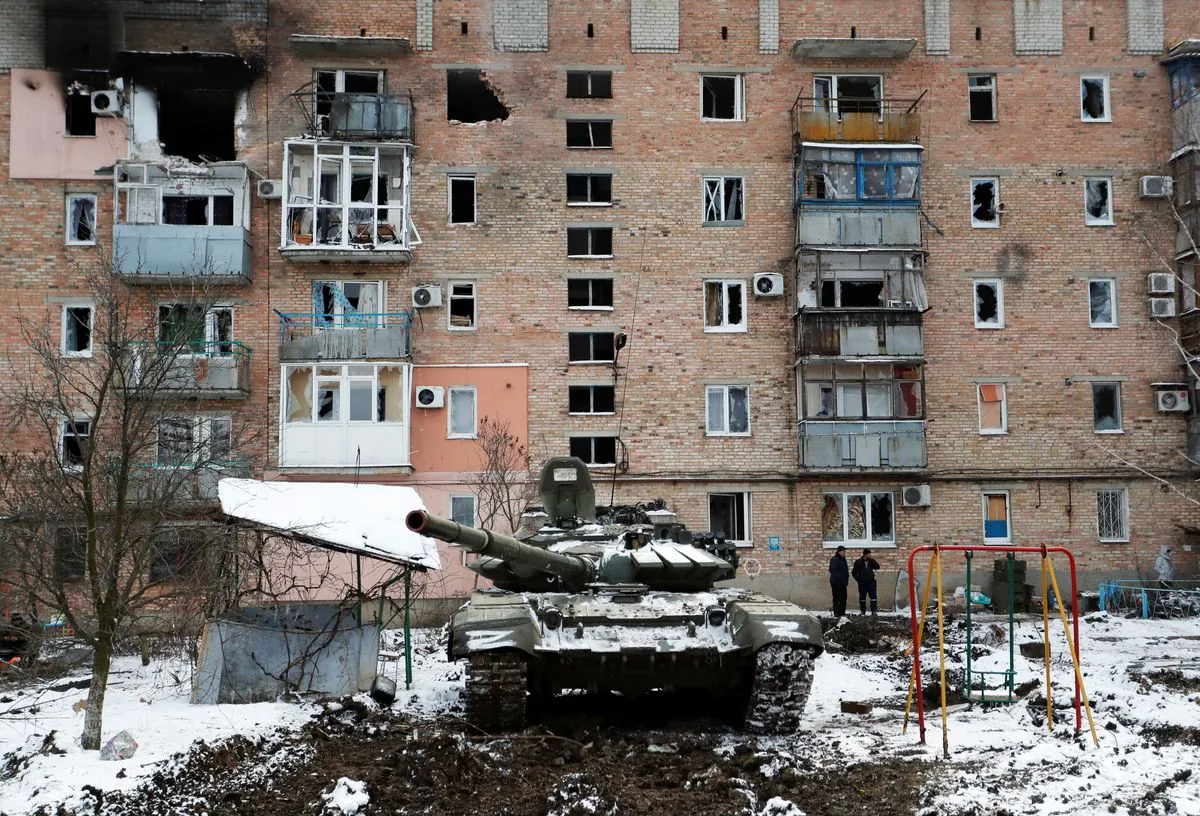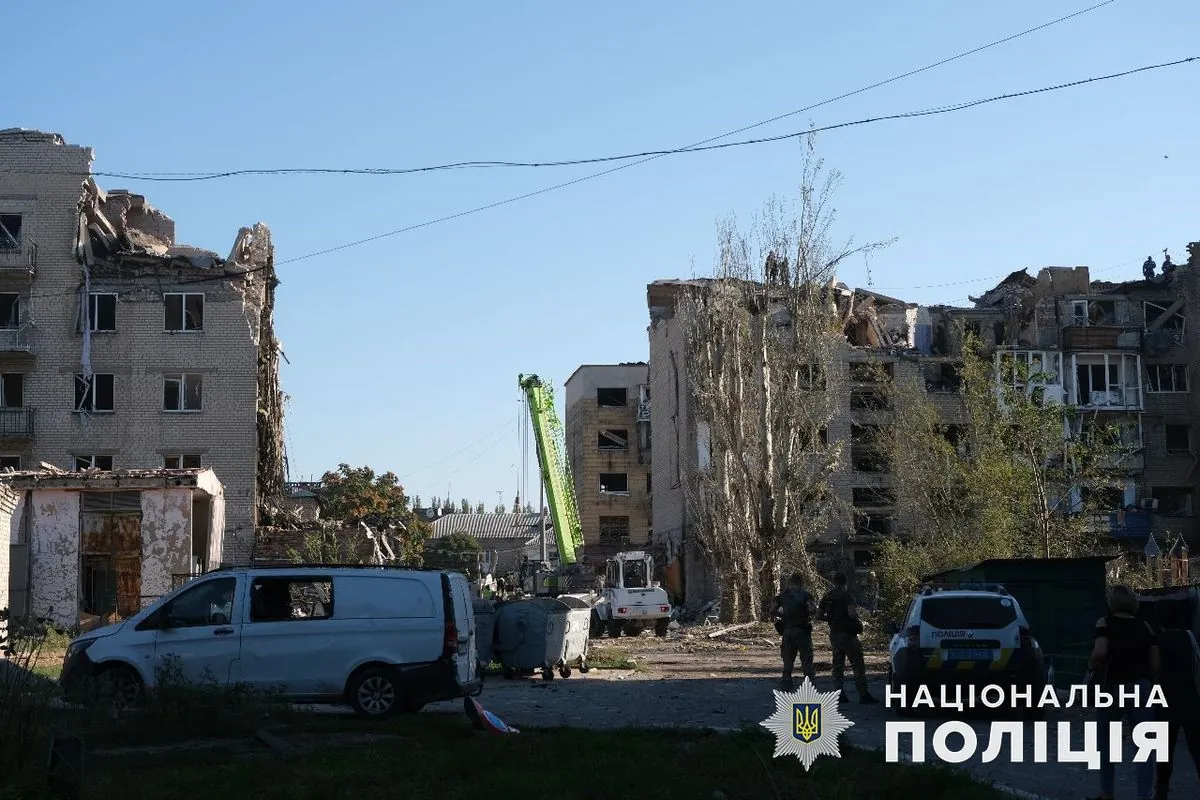Russian Strikes in Eastern Ukraine Claim Lives, Damage Infrastructure
Russian attacks on Pokrovsk and Kostiantynivka in eastern Ukraine resulted in three fatalities and two injuries. The strikes targeted residential areas and infrastructure facilities, escalating tensions in the region.

In a recent escalation of hostilities, Russian forces conducted attacks on two towns in eastern Ukraine, resulting in civilian casualties and infrastructure damage. The incidents, which occurred on September 24, 2024, highlight the ongoing conflict in the Donetsk region, part of the larger Donbas area that has been a focal point of tensions since 2014.
Vadym Filashkin, the governor of Donetsk Oblast, reported via Telegram that Russian guided aerial bombs struck Kostiantynivka, an industrial city known for its metallurgical plants. The attack damaged two infrastructure facilities and claimed one life while injuring two others. Kostiantynivka's proximity to Chasiv Yar, approximately 12 kilometers away, underscores its strategic importance. Chasiv Yar, situated on elevated terrain, serves as a crucial defensive position for Ukrainian forces attempting to halt Russian westward advances.
In a separate incident, an artillery strike targeted the strategic hub of Pokrovsk, hitting a residential area and resulting in the deaths of two middle-aged men, according to Donetsk regional prosecutors. Pokrovsk, with a pre-war population of about 60,000, has been under increasing pressure from Russian forces in recent months. Reports indicate that Russian troops have advanced to within 8 kilometers of the city's outskirts, intensifying their efforts to gain control of this key logistics center for Ukrainian operations in the region.

The attacks on Pokrovsk and Kostiantynivka are part of a broader pattern of conflict that has plagued eastern Ukraine since Russia's full-scale invasion began in February 2022. Over the past two and a half years, the war has led to significant civilian displacement, economic disruption, and widespread infrastructure damage throughout the country.
While Moscow denies intentionally targeting civilians, the United Nations has documented numerous civilian casualties throughout the conflict. Russian officials maintain that their strikes on infrastructure are legitimate military operations aimed at reducing Ukraine's combat capabilities. However, international organizations have accused both sides of violating international humanitarian law during the ongoing hostilities.
The use of guided aerial bombs and artillery strikes in populated areas has raised concerns about the protection of civilians. These precision-guided munitions, while potentially more accurate, can still cause significant collateral damage when used in urban environments. Ukraine has been pushing for more advanced air defense systems from Western allies to counter these aerial threats.
As the conflict continues, the international community remains deeply divided. Western countries have provided substantial military aid to Ukraine, while diplomatic relations between Russia and many nations have deteriorated significantly. The war's impact extends beyond the immediate battlefield, straining global political alliances and economic systems.
The situation in eastern Ukraine remains volatile, with both sides engaged in a protracted struggle for control of the Donetsk Oblast. As Ukrainian forces work to maintain their defensive positions, particularly in strategically important locations like Chasiv Yar, the civilian population continues to bear the brunt of the conflict's devastating effects.
"These attacks on civilian areas and critical infrastructure are a clear violation of international law and further evidence of Russia's disregard for human life."
The ongoing conflict underscores the urgent need for a diplomatic solution to end the suffering of civilians caught in the crossfire and to address the broader geopolitical tensions that continue to fuel the war in Ukraine.


































